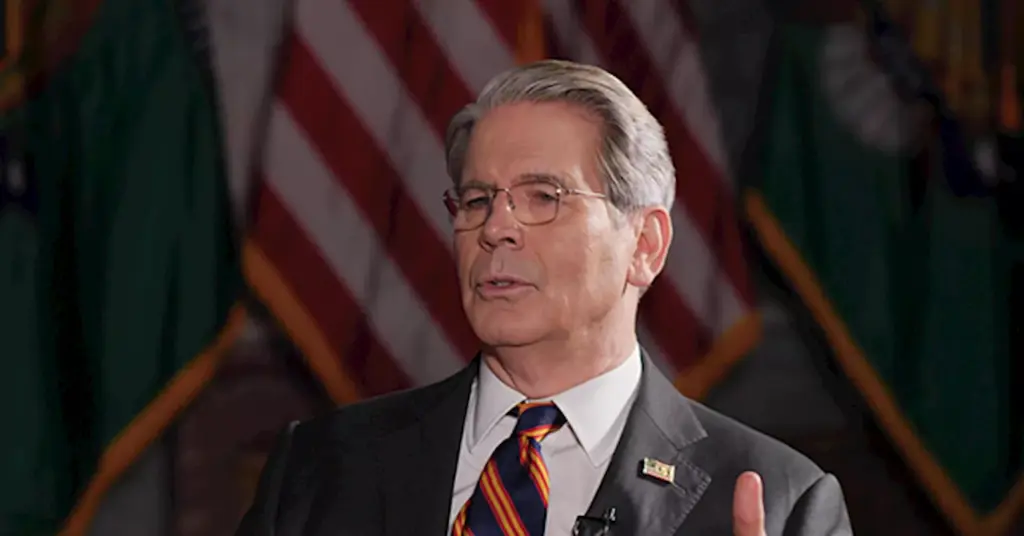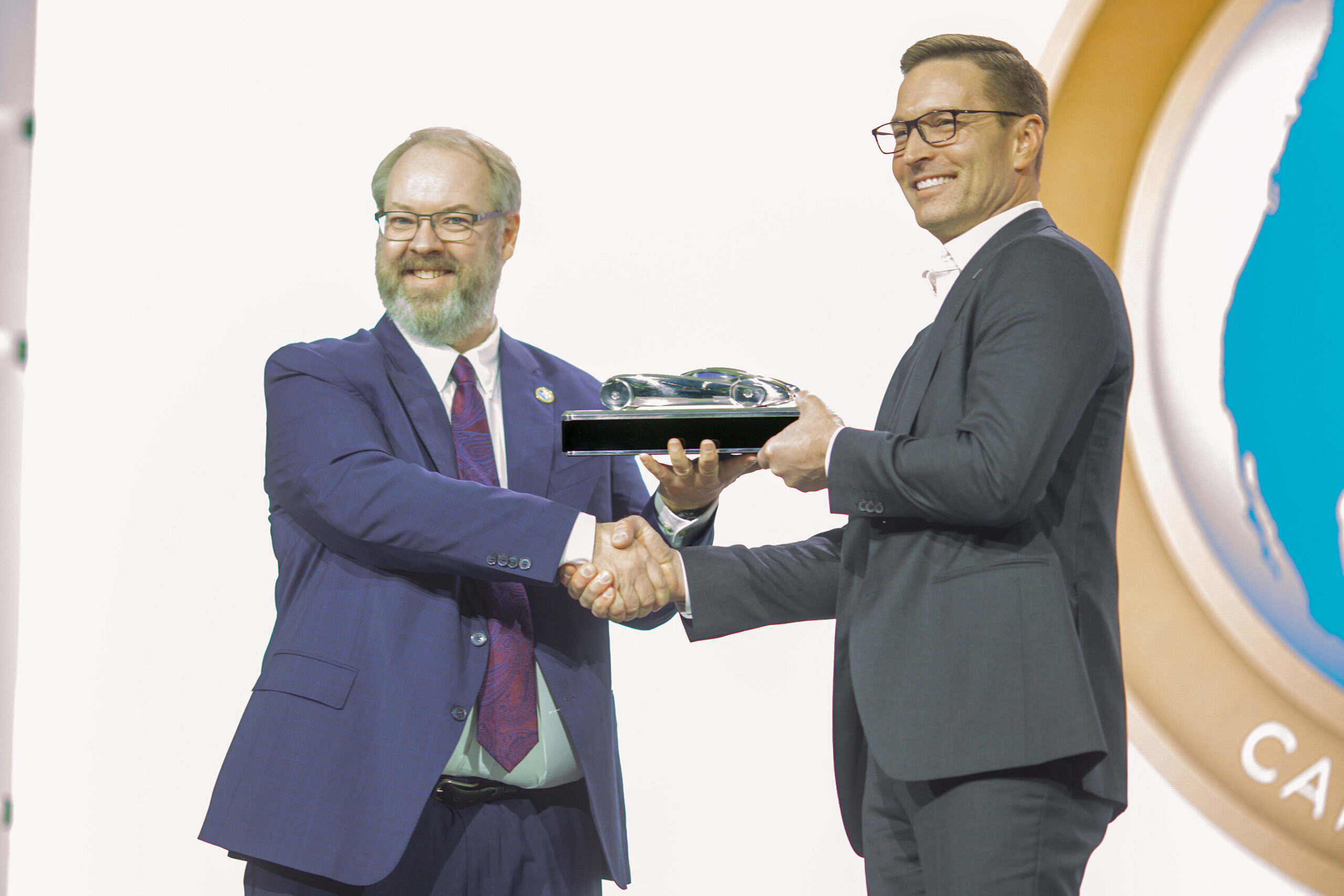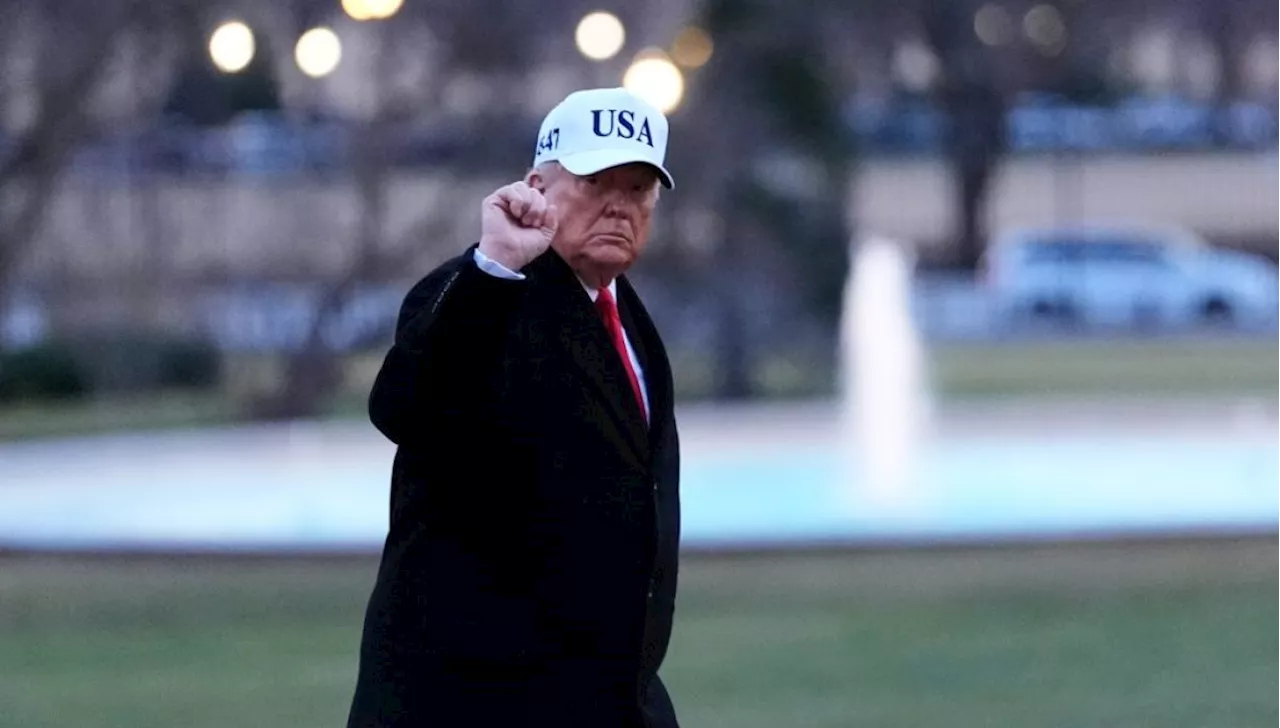
In a revealing interview, Scott Bessent, a prominent figure in the MAGAnomics movement, offered insights into Donald Trump‘s economic policies and his vision for the U.S. economy. The conversation, which took place on November 21, 2025, in Washington, DC, delved into various topics including trade negotiations, inflation, and Bessent’s aspirations within the Trump administration.
Bessent, who has built a successful career on contrarian strategies, discussed how his background in debating at Yale equipped him to effectively dismantle the arguments presented by establishment media. He expressed confidence in his ability to engage with journalists critical of Trump, suggesting that his experience has sharpened his skills in articulating his viewpoints.
“Policy is personnel,” Bessent stated, reflecting on his observations of the Trump administration. He mentioned that one of his most significant trading days occurred following Trump’s victory in the 2016 election, which he described as a transformational moment. Eager to contribute to the administration, Bessent approached Trump nearly three years ago, expressing his belief in the president’s potential and his desire to join the economic team.
During the interview, Bessent recounted attending a fundraiser for Hillary Clinton before the 2016 election, where he quickly surmised that Clinton would lose. He contrasted his outlook with that of Larry Summers, a notable figure in the Democratic establishment, emphasizing the importance of understanding the motivations behind political figures. “You always have to look and see what Larry’s motives are and who’s paying him,” Bessent remarked, hinting at Summers’ connections and influence.
Trade, Inflation, and Economic Strategy
The discussion shifted to specific economic policies. Bessent elaborated on the Trump administration’s approach to trade negotiations, emphasizing a strategy of maximum pressure to achieve beneficial outcomes. He noted that rival nations often express gratitude for the new deal terms shaped by the administration’s tactics.
Turning to inflation, Bessent identified “the three ‘i’s that are eviscerating working Americans”: immigration, interest rates, and inflation itself. He projected that inflation could decrease significantly by 2026 and hinted at an upcoming report from the Council of Economic Advisers that compares inflation rates in red states to those in blue states, indicating a disparity of 50 to 60 basis points.
The conversation also addressed the U.S. reliance on China for rare earth materials. Bessent highlighted the administration’s goal of “de-risking” rather than “decoupling” from China, pointing out that the production of rare earth magnets in the U.S. has resumed after a 25-year hiatus. He stressed the importance of bringing manufacturing jobs back to the country, particularly in strategic sectors such as pharmaceuticals and semiconductors.
“We don’t need to decouple from China. We just have to de-risk,” Bessent affirmed, acknowledging the challenges involved in this process. He noted that President Trump has urged pharmaceutical companies to relocate production back to the U.S., emphasizing a commitment to national security and economic resilience.
Future Outlook and Economic Agenda
As the interview progressed, Bessent discussed the national security aspects of his role, describing them as some of the most time-consuming elements of his job. He also offered insights into the administration’s views on deregulation, which he termed a cornerstone of their economic strategy.
The conversation concluded on a positive note, with Bessent commending the interviewers for their early analysis, stating, “Congratulations. You both get A’s for your early analysis.” This endorsement underscored his appreciation for informed discourse surrounding economic issues.
Bessent’s insights paint a picture of an administration focused on reshaping the U.S. economy through unconventional strategies and a commitment to addressing pressing challenges. His perspectives on trade, inflation, and the importance of manufacturing in America resonate with a broader narrative of economic transformation under Trump’s leadership.






